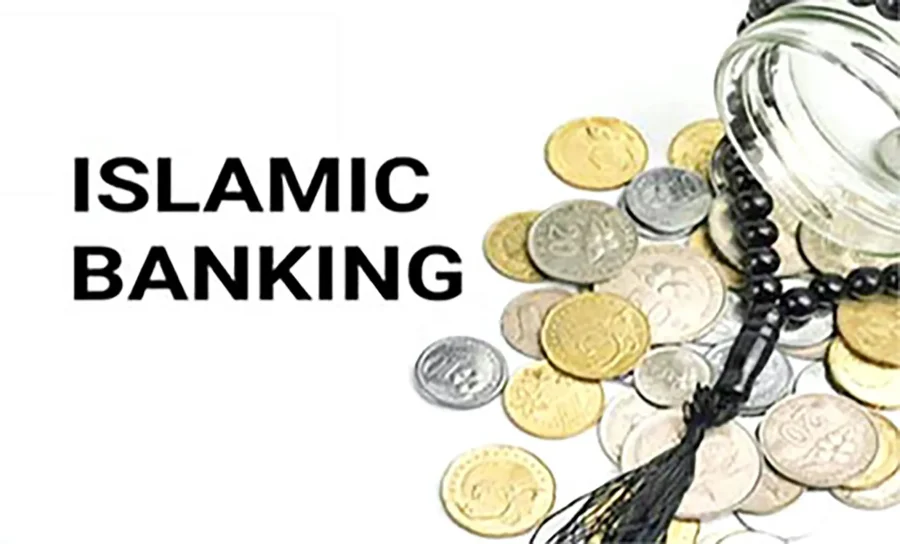The UAE’s Islamic finance sector is on a strong growth trajectory and its role is key to achieving the sustainability goals of the country, its Central Bank has said.
The report comes in line with the UAE’s Year of Sustainability and its recent hosting of Cop28, the regulator said in its UAE Islamic Finance Report 2023.
It analyses the performance of various Islamic finance sectors such as banking, insurance, or takaful, and capital markets that covers sukuk or Islamic bond issuances.
The Islamic banking sector accounted for 23 per cent of total banking assets within the UAE in 2022, equivalent to Dh845 billion ($231 billion), the report said.
Assets held by Islamic banks totalled Dh631 billion while Islamic windows – Islamic outlets in conventional banks – held Dh214 billion, growing at 8 per cent and 49 per cent, respectively, from 2018.
Islamic windows now account for 25 per cent of total Islamic banking assets in the UAE, it said.
“The growth in Islamic banking assets in the UAE is supported by [the] strong funding conditions of Islamic banks and Islamic windows,” said Central Bank Governor Khaled Balama.
“Recent growth has also been driven by the economic activities of retail and corporate consumers despite the increases in benchmark rates.”
In 2022, the UAE’s Islamic banking industry posted its highest growth in funding base since 2019, the report said.
Deposits increased in parallel with financing, by 4 per cent in 2022, and account for 66 per cent of total liabilities for Islamic banks, followed by Islamic capital market funding at 5 per cent, it said
Islamic banking growth in the UAE outpaced that of conventional banks last year on the back of growing investor demand for Islamic products and deep distribution networks, according to Fitch Ratings.
Islamic banks grew by 8 per cent in 2022, higher than conventional banks, which grew by 3 per cent, the rating agency said in May.
High oil prices and solid economic conditions are expected to continue to support UAE Islamic banks’ credit fundamentals in 2023, limiting the impact of rising profit rates on borrowers, the rating agency said.
The central bank report also noted that takaful and sukuk issuances, other key components of Islamic finance, also recorded significant growth last year. The UAE’s takaful sector landscape is being reshaping due to consolidation, the regulator said.
Out of the 62 insurance companies in the UAE in 2022, 10 are takaful operators.
The property sector was the largest takaful business line in 2022, contributing 45 per cent to gross written contributions, compared with 31 per cent in 2021, the report said.
The profits of takaful companies were affected by a drop in gross investment income last year, it said.
Takaful insurance companies posted an overall loss of Dh14 million in 2022, compared with a profit of Dh93 million in 2021, largely due to a sharp decline in investment income.
“Gross investment income dropped 32 per cent in 2022, due mainly to a decrease in net unrealised gains on investments and weaker stock market performance, while investment expense rose 32 per cent over the same period,” it said.
The Government of Sharjah issued the highest amount of sukuk over the past five years, followed by Dubai Islamic Bank and Abu Dhabi Islamic Bank
The Government of Sharjah issued the highest amount of sukuk over the past five years, followed by Dubai Islamic Bank and Abu Dhabi Islamic Bank
The UAE registered more active sukuk issuance in the first half of 2023 than in the entire years of 2021 and 2022, said the report.
Issuances stood at Dh28.7 billion in the first half of 2023, compared with Dh24.6 billion over the whole of 2022, it said.
The government of Sharjah issued the highest amount of sukuk over the past five years, followed by Dubai Islamic Bank and Abu Dhabi Islamic Bank. Collectively, these three entities accounted for 74 per cent of total sukuk issuances in the UAE.
“The UAE’s sukuk market is also expanding, and the introduction of local-currency Treasury sukuk by the federal government has the potential to encourage the issuance from other players in the market,” the Central Bank said. —The National News










